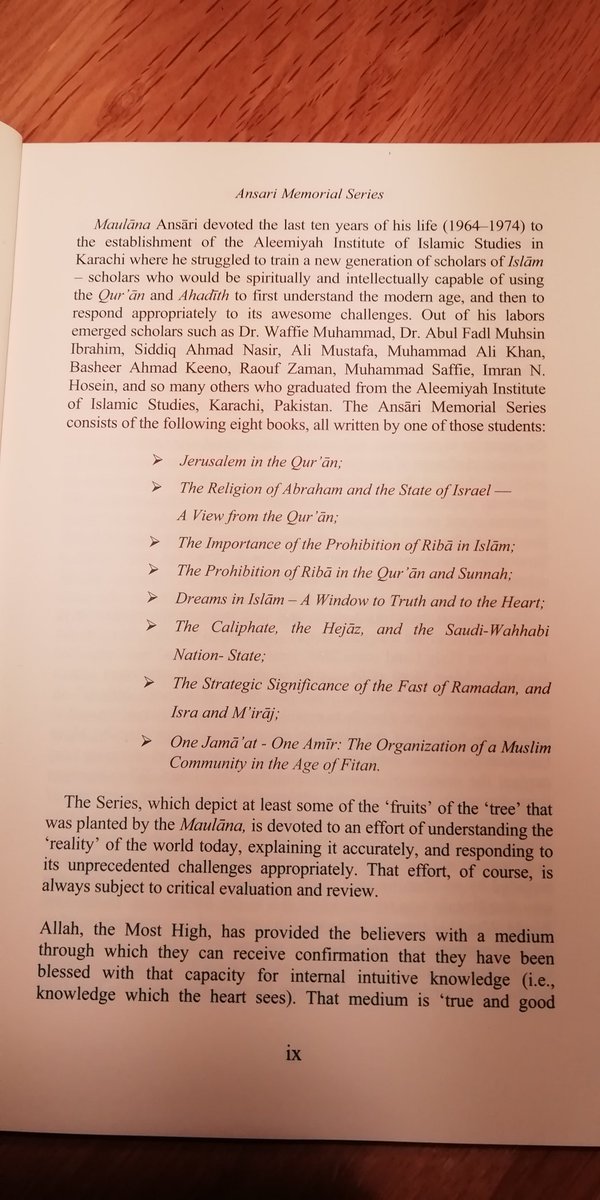
(Book in Urdu on History of Azizi Family of Unani medicine) (Book in Urdu on UnaniFormularies used by Azizi Family of Lucknow) (Book in Urdu on Prescriptions and formulations by Hakim Abdul Waheed)

(Based on Avicenna's tested Prescriptions in Urdu) (Based on Avicenna's tract on Pathology in Urdu) (Book in Urdu on Modern times and Unani medicine) Selected bibliography įollowing is the list of important books that he authored: He is himself a diligent explorer of Unani medicine for old Arabic and Persianmanuscripts. His entire work concerns with history of medicine particularly of medieval medicine and medicine in medieval Islam. He remained Chairman of the Department of Ilmul Advia for 18 years and Dean of the Faculty of Unani Medicine, Aligarh Muslim University.' Works Rahman started his career from Ajmal Khan Tibbiya College, Aligarh Muslim University as Demonstrator in 1961 and then Lecturer from Jamia Tibbiya, Delhi, he was appointed reader in 1973 and professor in 1983. Rahman received his early education from Darul-uloom Nadwatul Ulama at Lucknow and later studied at Tibbiya College, Aligarh Muslim University, Aligarh. He is married to Ahmadi Begum and has four children: Safia Akhtar, Syed Ziaur Rahman, Soofia Akhtar and Asifa Haneefa. His grandfather Hakim Syed Karam Husain, father Hakim Syed Fazlur Rahman and uncle Hakim Syed Atiqul Qadir were famous Unani Physicians of their times at Tijara / Bhopal. Rahman was born on 1 July 1940, at Bhopal, Bhopal State (now in Madhya Pradesh) in a family of learned scholars. The Government of India conferred him with Padma Shri award in 2006 for his contribution in the field of Unani Medicine. Īuthor of 54 books and several papers on different aspects of Unani, he also owns one of the largest collection of books on Unani medicine. Presently, he is serving AMU as 'Honorary Treasurer'. He has earlier served as Professor and Chairman, Department of Ilmul Advia at the Ajmal Khan Tibbiya College, Aligarh Muslim University (AMU), Aligarh, for over 40 years before retiring as Dean Faculty of Unani Medicine. He founded Ibn Sina Academy of Medieval Medicine and Sciences in 2000. Hakim Syed Zillur Rahman is well known for his contribution to Unani medicine. Safia Akhtar, Syed Ziaur Rahman, Soofia Akhtar, Asifa Haneefa

In spelling out the necessary and sound methodology, he is at once courageous, serious and profound."-Wadi Z.Aligarh Muslim University, Darul-uloom Nadwatul Ulama

Over the voices advocating a return to Islam or the reestablishment of the Sharia, the guide for action, he astutely and soberly asks: What and which Islam? More importantly, how does one get to 'normative' Islam? The author counsels, and passionately demonstrates, that for Islam to be actually what Muslims claim it to be-comprehensive in scope and efficacious for every age and place-Muslim scholars and educationists must reevaluate their methodology and hermeneutics. "In this work, Professor Fazlur Rahman presents a positively ambitious blueprint for the transformation of the intellectual tradition of Islam: theology, ethics, philosophy and jurisprudence. By teaching and interpreting the Koran in such a way as to admit of no change or development, the dogmatists had created a situation in which Muslim societies, faced with the imperative need to educate their people for life in the modern world, were forced to make a painful and self-defeating choice-either to abandon Koranic Islam, or to turn their backs on the modern world."-Bernard Lewis, New York Review of Books This very rigidity gave rise to the second major error, that of the secularists. The first was committed by those who, in reading the Koran, failed to recognize the differences between general principles and specific responses to 'concrete and particular historical situations.'. In Professor Rahman's view the intellectual and therefore the social development of Islam has been impeded and distorted by two interrelated errors.
#Dr fazlur rahman tamil books series
"As Professor Fazlur Rahman shows in the latest of a series of important contributions to Islamic intellectual history, the characteristic problems of the Muslim modernists-the adaptation to the needs of the contemporary situation of a holy book which draws its specific examples from the conditions of the seventh century and earlier-are by no means new.


 0 kommentar(er)
0 kommentar(er)
